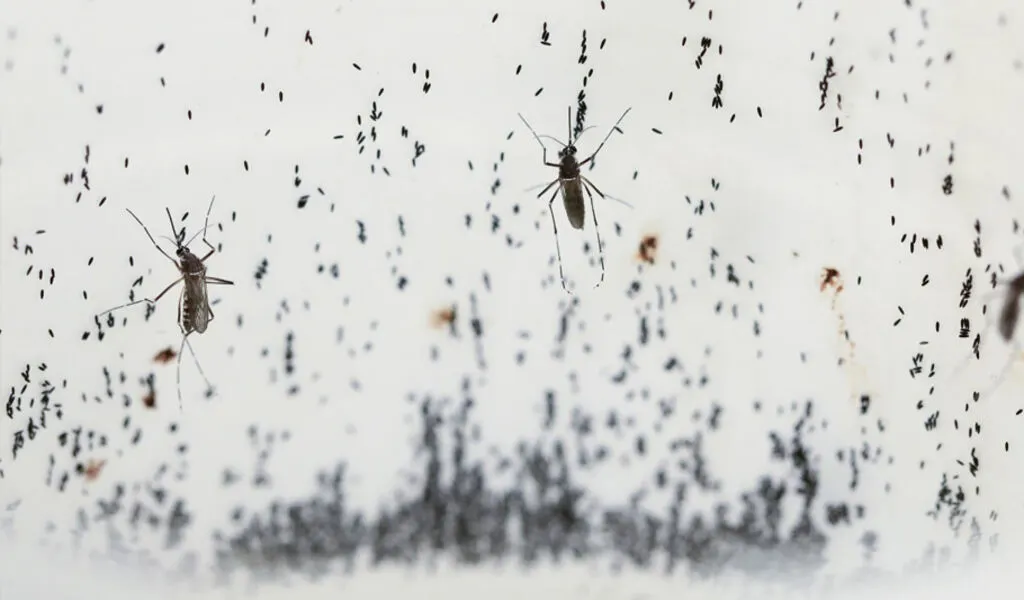(CTN News) – Throughout the history of dengue fever control in Honduras, teaching people to fear mosquitoes and avoid their bites has been an effective way of preventing the disease.
It has now been discovered that there may be a more effective way of controlling this disease by breeding mosquitoes that are specifically adapted to combat dengue viruses.
Scientists in Honduras have recently released a rare species of mosquito that has been bred to carry bacteria called Wolbachia that interrupts the transmission of this disease.
By passing the bacteria on to their offspring when these mosquitoes reproduce,
They are able to reduce the risk of outbreaks in the future.
This emerging strategy for battling dengue has been pioneered over the last decade by the nonprofit organization World Mosquito Program, and it is currently being tested in more than a dozen countries around the world.
Considering that more than half of the world’s population is at risk of contracting dengue, the World Health Organization is paying close attention to the mosquito releases in Honduras, as well as other places, and is poised to promote the strategy globally in the near future.
Doctors Without Borders is partnering with the mosquito program in Honduras, where it is estimated that around 10,000 people are sickened by dengue every year, over the next six months to release approximately 9 million mosquitoes that carry the Wolbachia bacteria.
The mosquito program was founded by Scott O’Neill, who said that there is a desperate need for new approaches when it comes to controlling mosquitoes.
Over the past few decades, scientists have made significant progress in reducing the threat of mosquito-borne diseases, including malaria. The dengue virus is an exception: the number of cases of dengue infection continues to rise.
There are estimates that around 400 million people in some 130 countries are infected with dengue each year. It is estimated that 40,000 people die from dengue each year, but outbreaks can overwhelm health systems and force many people to miss work and school.
In the past, traditional methods of preventing mosquito-borne diseases have not been nearly as effective in preventing dengue fever.
Even in the best-case scenario, insecticides have limited results against Aedes aegypti mosquitoes, which are most commonly responsible for dengue transmission. Furthermore, due to the fact that dengue virus comes in four different forms, vaccines are less effective in controlling the disease.
Aedes aegypti mosquitoes are also a challenging foe since they bite most frequently during the day. Bed nets, therefore, are of little use against them.
It is expected that climate change and urbanization will make the fight against dengue even more difficult, since these mosquitoes thrive in warm and wet environments, as well as in densely populated areas.
SEE ALSO:
Discovering the Convenience of Buying Weed Online





